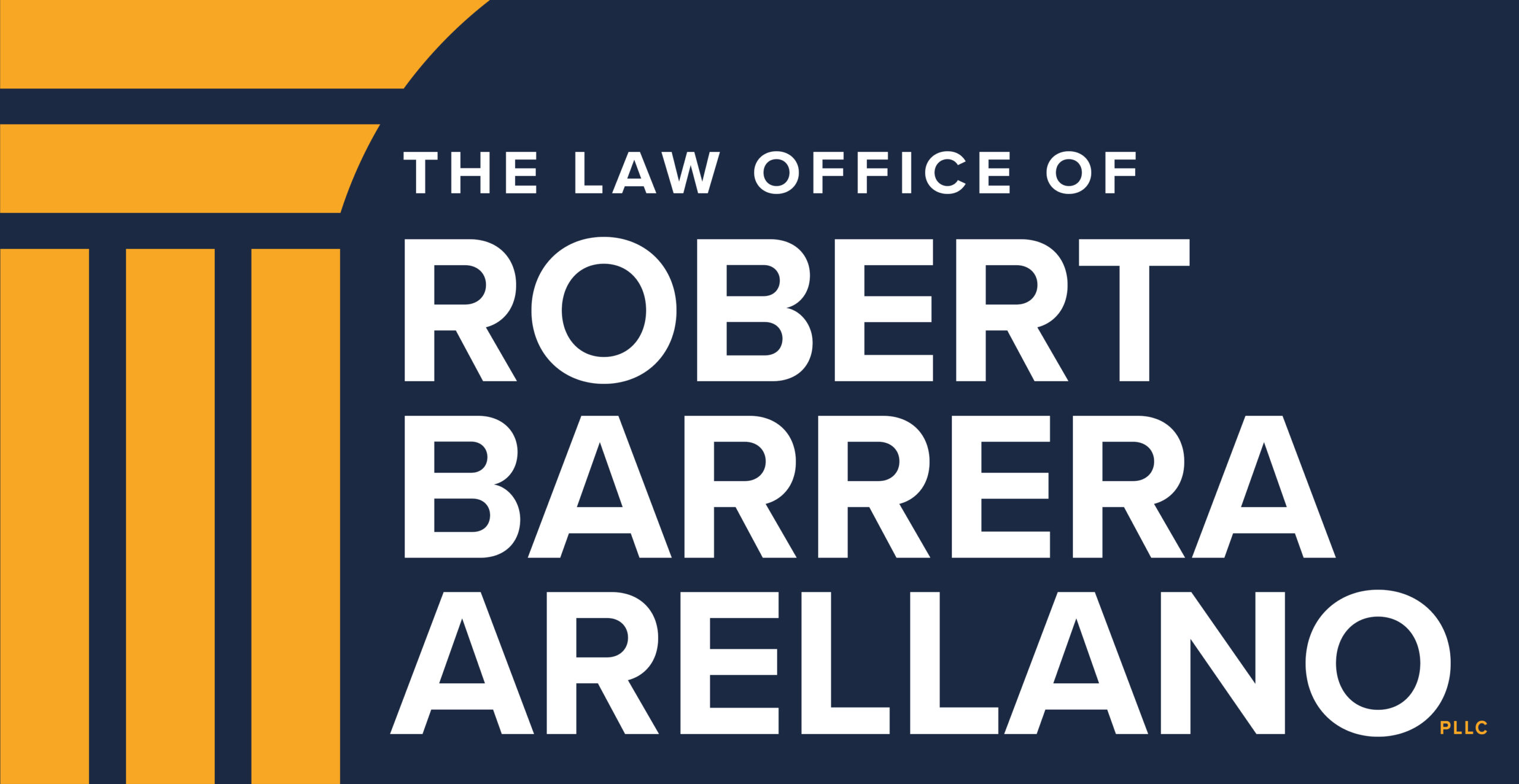
DWI Blog
If you’ve been charged with a criminal offense, you may have heard the term “deferred adjudication” but aren’t sure what it entails. This legal option can offer you a second chance to avoid a criminal conviction on your record, but it’s crucial to understand the process and what to expect afterward. Whether you’re facing misdemeanor or felony charges, deferred adjudication may be a viable path, but it requires navigating specific legal processes and conditions.
In this blog, we’ll dive into what deferred adjudication is, how it works, what you can expect throughout the process, and why working with an experienced attorney like Robert Barrera Arellano is essential for a successful outcome.
Deferred adjudication is a form of probation offered to individuals charged with certain criminal offenses. Instead of immediately sentencing someone to a conviction, the court defers judgment and offers them the opportunity to complete a probationary period. If the individual successfully meets all of the court’s conditions, the case can be dismissed without a conviction on their criminal record.
Unlike regular sentencing, where a conviction is immediately recorded, deferred adjudication allows individuals to avoid a criminal conviction—if they meet all program requirements. It essentially puts the criminal case on hold while the person completes probation or other court-ordered conditions.
Not every criminal charge is eligible for deferred adjudication. Typically, this option is available for certain non-violent offenses, such as drug possession, theft, or driving offenses. However, eligibility depends on the specific circumstances and the court’s discretion.
Understanding the difference between a DWI and DUI in Texas is crucial for all drivers. A DWI is a serious charge that can have long-lasting consequences, while a DUI typically applies to underage drivers. If you’ve been arrested for either of these offenses, don’t hesitate to contact an experienced attorney to discuss your case. Robert Barrera Arellano is ready to provide expert legal representation and fight for your rights.

No, it’s only available for certain types of offenses.
Typically, it lasts from one to five years, depending on the case.
Yes, if you successfully complete the program, the case can be dismissed.
The court may revoke the deferred adjudication and impose a criminal conviction.
An attorney can guide you through the process, help with negotiations, and ensure compliance with court orders.